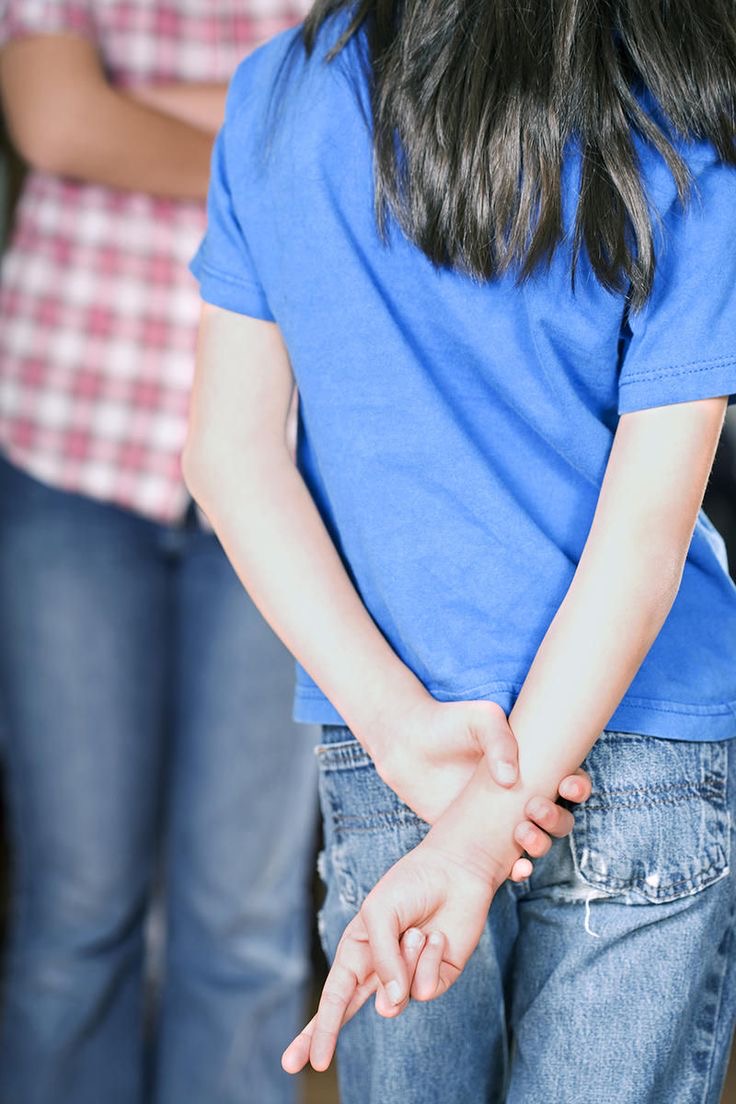Why do Children lie?

It’s easy, in our work with children, to quickly label a child as dishonest when they lie. Yet failing to understand the deeper, often painful reasons behind this behavior can perpetuate institutional trauma—layering on mistrust, shame, and punitive consequences.
As children, many of us were taught that honesty was expected, and lying led to consequences—then often referred to as “punishments.” This can be considered a typical aspect of child development. However, for many children, especially those raised in unsafe or abusive environments, lying becomes more than a behavioral choice—it becomes a survival strategy.
In my work with adults who experienced abuse in childhood—particularly sexual or physical abuse—I’ve seen how lying was not a matter of defiance, but of necessity. These children quickly learned that telling the truth could bring danger, shame, or disbelief. Hiding the truth was safer.
Lying, for many, is a deeply embedded survival mechanism.
Common Reasons Why Children Lie:
1. Fear of Retaliation
Abusers often use threats to ensure silence—threatening harm to the child, their loved ones, or even pets.
2. Attachment and Loyalty to the Abuser
When abuse is perpetrated by a family member or trusted adult, children may still feel love, loyalty, or dependency toward them.
3. Fear of Losing Relationships or Disrupting the Family.
Disclosure could mean separation, instability, or the collapse of the only family structure the child knows—even if it’s harmful.
4. Shame and Self-Blame
Grooming and manipulation can lead children to believe the abuse is their fault. Shame becomes a powerful silencer.
5. Fear of Not Being Believed
Past experiences of being dismissed or disbelieved reinforce secrecy and mistrust in adults.
6. Confusion, Memory Gaps, and Dissociation
Trauma often fragments memory. Recall may be fuzzy, inconsistent, or feel unreal, making it difficult to share the truth clearly.
7. Desire to Protect the Family Unit
Children may stay silent to avoid family breakdown, poverty, or the stigma that disclosure might bring.
8. Conditioning Through Grooming
Abusers often train children to lie and keep secrets as part of the grooming process.
9. Modeled Behavior and Learned Responses
Children learn by watching. If lying is normalized or rewarded within their environment, they are likely to mimic it.
10. Reinforcement of Immediate Outcomes
Children respond to immediate outcomes, not long-term consequences. If lying results in safety, approval, or avoidance of punishment—and truth-telling leads to distress—they are more likely to continue lying.
⸻
A Trauma-Informed Perspective
Understanding the why behind a child’s dishonesty is essential. Rather than responding with judgment or punishment, we must create environments of safety, trust, and compassion. Only then can we help children move from survival strategies to healthy, authentic expression.



Comments (0)